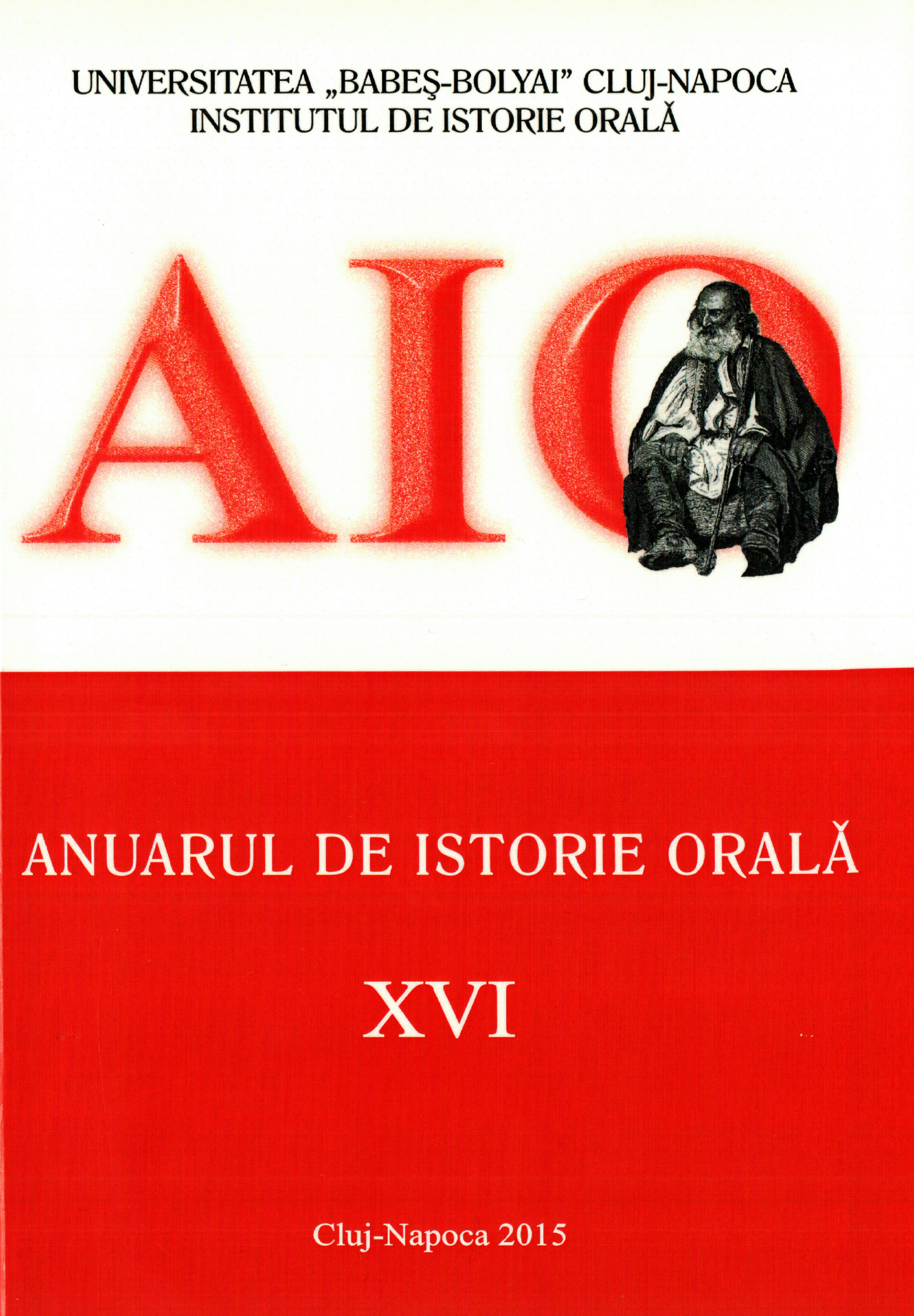Postponed identities. Generations of Cortorari Gypsies in Post-war Transylvania – Wrinkled Traditions and Attempts Towards "Modernization"
Postponed identities. Generations of Cortorari Gypsies in Post-war Transylvania – Wrinkled Traditions and Attempts Towards "Modernization"
Author(s): Diana Alexandra NistorSubject(s): History, Social Sciences, Cultural history, Ethnohistory, Oral history, Social history
Published by: Argonaut
Summary/Abstract: Cortorari Gypsy communities in Transylvania describe them selves as being different from other Gypsy "nations" living in this area.When the discussion reaches the subject of the community/communities of Cortorari/ Căldărari (copper smiths) they emphasize the most important thing that we should take in to consideration: the strict tradition applied in various aspects of everyday life. The article is based on oral history interviews conducted during two field research campaigns in some of the(mostly former) Copper smiths Roma communities. It aims at analysing the Cortorari’s identity/ identities in post-war Transylvania in terms of their traditions and how these have changed or not over the years in the Cortorari’s everyday, family and professional life. Some of the research questions the essay aims to provide answers to are: How are traditions maintained and transferred from one generation of Cortorari to another? How is "modernization" perceived and how does it emerge and influence the community? How do elder and young Cortorari Roma perceive or relate to them? What changes (if any) does the young generation notice in terms of their traditions? And how does the clash between tradition and modernization influence the young generations of Cortorari? Some relevant answers can be provided based on the interviewees’ recollection of their past as a group permanently connected with the Romanian society, finding sometimes pertinent explanations, often of historical nature, for the changes they have undergone as an ethnic group in post-war Transylvania.
Journal: Anuarul Institutului de Istorie Orală
- Issue Year: 2015
- Issue No: XVI
- Page Range: 55-73
- Page Count: 19
- Language: English

